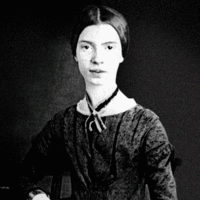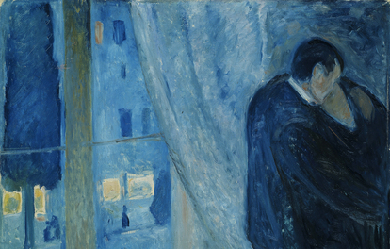Love XLIX. We outgrow love like other things (887)
“We outgrow love, like other things…”
“Grandsires” is pretty much just an archaic word for a male ancestor; the concern seems to be with love and nostalgia. I remember a wedding columnist talking about how she met her husband. She mentioned that when they first met, something of him reminded her of her childhood, and he mentioned later on a date that something about her reminded him of his childhood.
So it doesn’t seem to me that “we outgrow love” is necessarily a cynical statement. Apparently we take out love when it shows “an Antique fashion,” and one doesn’t usually throw away heirlooms. However, “like other things” does push us, at least briefly, to take love cynically. Is love just like wanting to be homecoming queen? Or having the flashiest tuxedo at the prom?
I mean, those are the sorts of things that get stuck in the drawer and don’t get looked at again. They’re the sorts of things parents tuck away in appreciation of their children. And that makes me wonder about what sort of love we are talking about here. Is this love generally, not merely our most intimate relationships?
It has to be love generally: “like other things” could very well be defining love, not just describing love outgrown. That already implies something very warm – the outgrown love is kept inside, never let go. Apparently we are peeking in on it, waiting for the right moment. But “shows” could also imply that love we think well-hidden is actually anything but. Our whole lives demonstrate what we truly love, and if we are close to achieving what we love – if indeed love has grown with time – then we’re certainly showing off our love as if we were wearing a costume from long ago.
I guess the irony is “wore” – were we wearing the love earlier truly, or are we wearing love when we are costumed grandsires ourselves? The poem looks to be challenging an idea much in currency among the younger adults I speak to, that there are lovers and there are friends and never the twain shall meet. It is challenging this idea by forcing one to account for love simply, and not just break the concept into categories that cannot be reconciled. Where your heart is, that’s where your treasure is.
There are twists: we do put the outgrown love into a drawer, implying categorization. The “Antique fashion” is like “Costumes Grandsires wore,” and “like” had followed what was outgrown before. I understand these things as hinting at disunity, but the poem itself to have a thematic structure which strongly suggests unity. “We” links with “Grandsires,” and in becoming the people of the past we model ourselves after, it is true we join past and future as well as meet each other in the present. “Like” on that reading does not suggest distance, but operates as a bridge.




